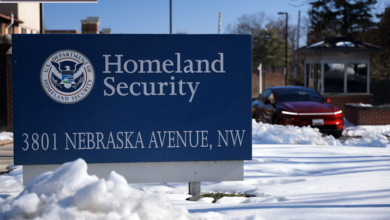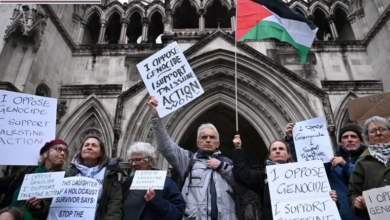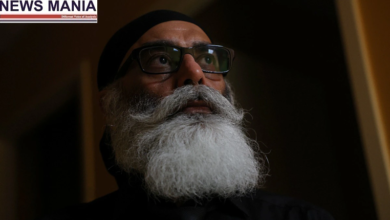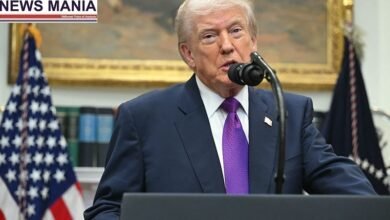Pakistan Moves to Ban Imran Khan’s PTI Party Amidst Allegations of Anti-State Activities
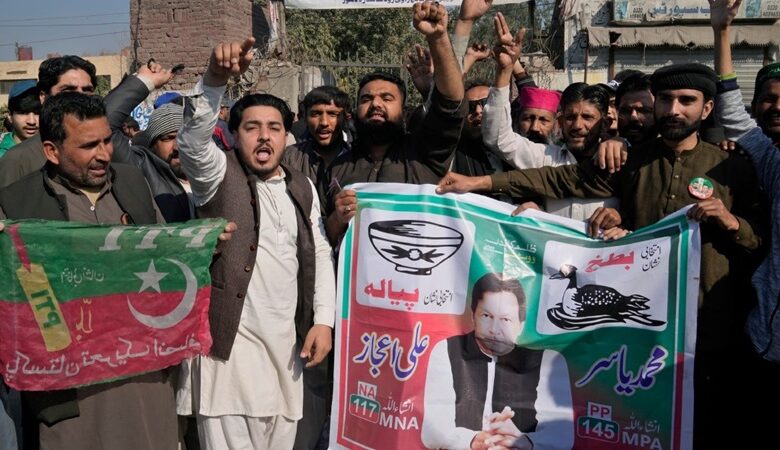
News Mania Desk/Agnibeena Ghosh/15th July 2024
In a significant political development, the Pakistani government has announced its intention to ban the Pakistan Tehreek-e-Insaf (PTI) party, led by the jailed former prime minister Imran Khan. The decision, driven by allegations of anti-state activities, was confirmed by Pakistan’s Information Minister, Attaullah Tarar, during a press conference in Islamabad.
The move to outlaw PTI follows a tumultuous period marked by Imran Khan’s legal battles and political unrest. Khan and his wife, Bushra Bibi, were recently acquitted of charges related to an unlawful marriage. However, this acquittal has not stemmed the tide of legal challenges facing Khan, who has been embroiled in over 100 criminal cases since his ousting from office through a vote of no confidence. Despite being granted bail or acquitted in several instances, Khan has consistently maintained that these charges are politically motivated and has denied any wrongdoing.
The government’s decision to ban PTI is poised to be a contentious issue within Pakistan’s political landscape. Minister Tarar indicated that the federal government would discuss the proposal in the cabinet and, if necessary, take the matter to the Supreme Court to ensure its implementation. He cited multiple reasons for this drastic measure, including the foreign funding case against PTI, the riots of May 2023 following Khan’s arrest, and the controversial cipher episode. Furthermore, Tarar referenced a US House resolution critical of Pakistan’s February election, in which PTI emerged as the largest single party despite facing significant pre-election crackdowns.
The PTI has promptly dismissed the government’s allegations. Sayed Z Bukhari, a senior PTI member and former cabinet minister under Khan, criticized the government’s move as indicative of “soft martial law” and an attempt to undermine democracy. He argued that the government’s stance demonstrated panic, especially since the judiciary had shown resilience against pressure and threats.
This is not the first time the possibility of banning PTI has been raised. In May, Pakistan’s Defense Minister Khawaja Asif warned that PTI might face a ban for allegedly attacking the “very basis of state.” He emphasized that any such action would necessitate parliamentary approval, reflecting the gravity of the situation.
The political tension in Pakistan underscores a broader struggle between the government, the judiciary, and the military, with significant implications for the country’s democratic processes. PTI officials have repeatedly warned that the current government’s close collaboration with the military poses a threat to democracy. They argue that the government’s attempts to ban PTI are a strategic move to stifle opposition and consolidate power.
As Pakistan navigates this complex political crisis, the potential ban on PTI could further polarize the nation. The outcome of this situation will likely have far-reaching consequences for Pakistan’s political stability and democratic integrity. Observers and citizens alike remain watchful as the government proceeds with its plans and as PTI mounts its defense against the accusations leveled against it.



